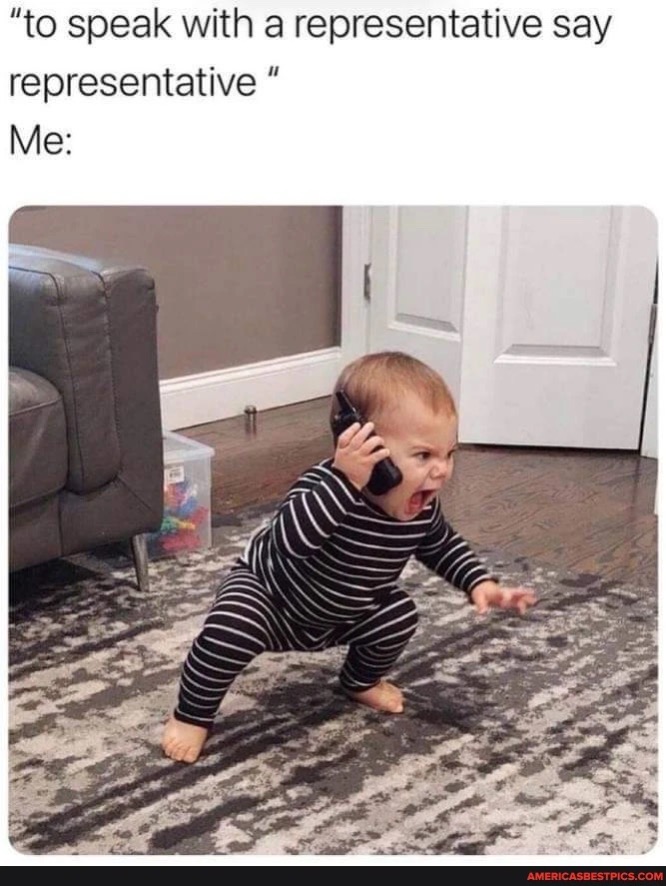
There was a meme on Facebook recently that read: “The way you say ‘representative’ to an automated system is the real you.” I hope this isn’t true, because I’ve been known to make an angry call to my internet provider a time or two. Still, I do think there is some amount of truth in this meme, and it makes me think about all of the times when I had a very unpleasant experience with a customer service representative. I always had a reason to be angry, so that’s not the issue. In the end, though, my daddy was right when he said I would get more bees with honey than with vinegar. And if I had such a short fuse with a stranger on the other end of a phone line, what could that mean for people I know, like my clients and editors?
When I look back on my 20-plus freelance career, I am thankful that I haven’t had too many angry experiences. Yes, I’ve had to hound clients for payment. I’ve found myself in ridiculous editing processes. I’ve been offered assignments that pay far too little. I’ve been ghosted by editors after dozens of back-and-forth emails. I’ve had my experience and expertise overlooked for a less talented writer. I’ve experienced mistreatment and gotten my feelings hurt. But for the most part, I can say that I didn’t let anger get in the way.
Writing can be a solitary experience, but as freelancers, we depend on relationships with clients, editors, publishers, and other writers to build and maintain our careers. Our reputations are our calling cards. The writing world is small—especially within niches—and when we burn bridges, we risk losing relationships that could lead to assignments and other opportunities. The internet makes the writing world even smaller.
Social media can play a huge role in building—or ruining—a reputation. I think sometimes that happens without our realizing it, though. I’ve had editors reach out to me out of the blue to ask that I write a story based on a post I’ve made on social media. On the other hand, visit any writer’s group on Facebook or even Twitter feeds of writers, and you’ll find someone making a darn fool of themselves in front of their peers, some of whom might actually be looking to hire freelance writers or recommend a writer to a great editor or client. The thing with social media is that you never know who is reading or watching. You never know that you may have lost a sale before you even had it.
Take a recent thread I saw in a Facebook writers’ group. A very successful freelancer asked a question and, because it was relevant, revealed that she earned a very hefty living from her writing. Within hours, her income was questioned, since she didn’t have a website or a fleshed-out social media presence. The original poster maintained a positive attitude, responding that she got most of her work through networking with people she knows, including other freelancers and former clients and editors. But the incredulous responses continued.
This reaction to her success astonishes me. That writer had something to teach me, since I don’t earn nearly as much. Meanwhile, those questions taught me a whole lot about the person asking them. If I had a writing lead to share, these individuals wouldn’t even make it to my long list.
If this sounds harsh, I get it. I wasn’t steaming mad about this thread. I was mostly curious. Because my reputation is one reason that clients and editors come back to me, I’m going to be careful when I recommend someone for a writing gig. Someone might have the best experience, but if they’ve essentially screamed “representative!” in a professional writer’s group on social media, I’m probably going to give them a wide berth. This isn’t punishment; it’s a way for me to protect my own professional character.
Last week, I posted a vent on my personal Facebook page. I was furious, and I needed to get some things off my chest. I selectively used all caps to convey my frustration. And there were more than a few exclamation points in there, too. I thought long and hard about this vent—before I posted it and after. Anger can be off-putting. At the same time, it can feel really good to blow off steam. Still, I know that even my personal Facebook page is a reflection of my professional reputation. I am Facebook friends with lots of other freelance writers and editors. And nothing that I write on the internet is private or can be expected to stay that way.
My vent was like yelling “representative!” and I’m still conflicted about whether or not it was the right thing to do. I had hit my limit with a professional experience, and I wanted others to know about it. I didn’t identify anyone, but my friends aren’t stupid. Some knew exactly what I was writing about. Honestly, that was partly the point. But was it fair? Was it professional? I’m not so sure. It’s something for me to think about.
Along with being professionals, we’re also human. We lose our cool. We speak and post before thinking. That’s not the issue at all. It’s what we do with that information when someone lets us know we were out of line. In the thread begun by the successful writer, those who questioned her income didn’t seem to recognize that they were being disrespectful, even when others respectfully pointed it out to them. That’s more surprising to me than the initial questions.
I don’t know if how we speak to automated systems is a true reflection of who we are, but I do believe that how we act in public is a good indication, especially when our actions are gently corrected. Even though social media is not face-to-face communication, it counts as public conversation in my book. Whether we like it or not, we’re judged by our words and actions. We’re often given an opportunity to correct ourselves, to apologize, to show grace even after we’ve made fools of ourselves. That can make up for initial missteps. And when we choose not to do this, we won’t know which bridges we’ve burned.

